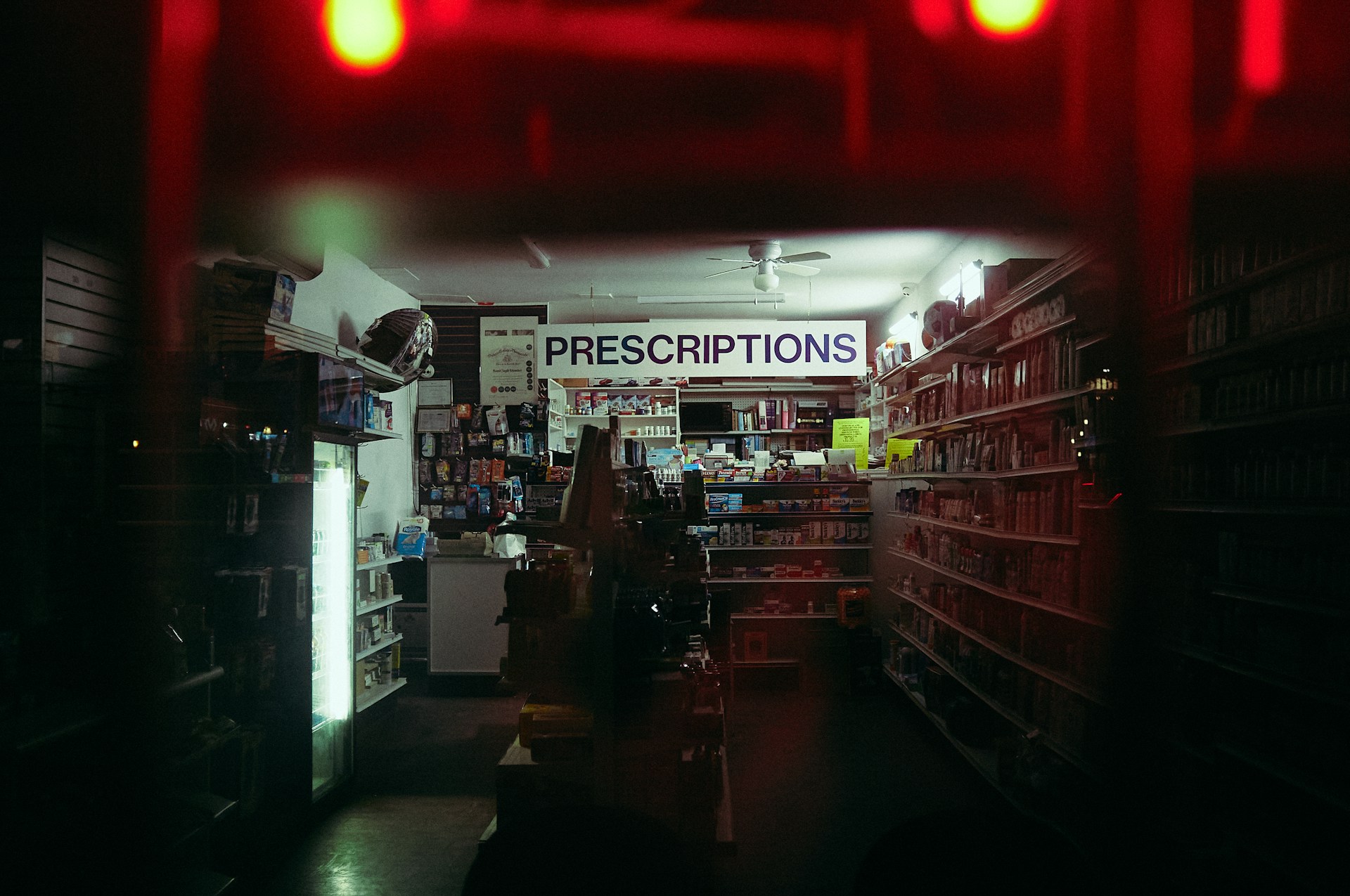In a troubling sign for the struggling drugstore sector, CL Cressler Inc., the owner of seven Medicine Shoppe Pharmacy stores in Pennsylvania and New York, has filed for Chapter 11 bankruptcy. This move underscores the financial instability that smaller pharmacy chains face amidst mounting competitive pressures and a harsh post-pandemic retail environment.
The Camp Hill-based company has reported assets of over $1.5 million, yet its liabilities exceed a staggering $12.2 million. The bankruptcy filing is a strategic attempt to reorganize debts, with the company indicating that there will indeed be funds available to distribute to unsecured creditors. Among its largest creditors are Commercial Finance Group, owed $6 million, Carol and Clyde Cressler, owed $3.7 million, and Cardinal Distribution, with claims exceeding $1.2 million.
The pandemic has been a catalyst for upheaval within the retail pharmacy sector. Many chains have been forced to adapt to rapidly changing consumer behaviors, increased digital competition, and supply chain disruptions. These challenges have been exacerbated by the dominance of industry giants like CVS and Walgreens, whose expansive reach and resources have left little room for smaller players to thrive.
CVS announced plans to shutter 900 of its 9,900 stores starting in 2021, a reflection of strategic repositioning rather than financial distress. However, competitors like Rite Aid have not been as fortunate. Rite Aid’s filing for Chapter 11 in 2023 was driven by mounting debt and legal issues related to the opioid crisis, highlighting the complex challenges facing the industry.
For smaller chains like CL Cressler Inc., the competitive landscape is daunting. The ability to negotiate favorable terms with creditors and restructure effectively will be crucial for survival. However, the path forward is fraught with uncertainty. The ongoing pressures from larger chains, combined with the need for significant technological and service innovations, pose formidable obstacles.
The broader implications for the pharmacy sector are significant. With consumer preferences shifting towards online and integrated healthcare services, traditional brick-and-mortar pharmacies must innovate or risk obsolescence. Smaller chains may need to explore partnerships, niche markets, or other strategic pivots to carve out sustainable business models.
As CL Cressler Inc. navigates this challenging terrain, its experience serves as a cautionary tale. The pharmacy landscape is evolving, and those unable or unwilling to adapt may find themselves left behind. The future of smaller chains hinges on their ability to respond strategically to industry dynamics, balancing operational efficiency with the compelling need to meet modern consumer expectations.


Leave a Comment